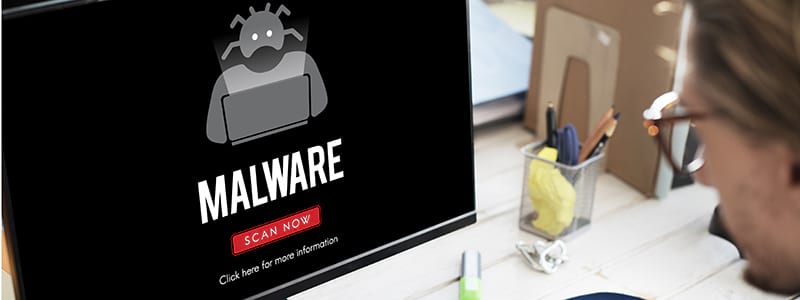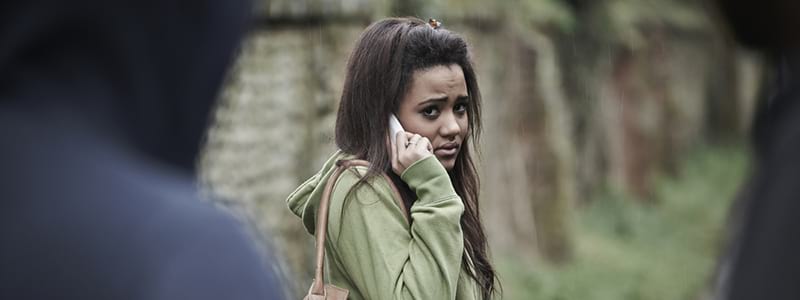7 Ways You’re at Risk Without a VPN
You won’t believe just how easy it is to hack the Wi-Fi network you are on and steal incredible amounts of your valuable data. Worse, every time you go online you run the risk of somebody snooping through your personal info. This guide reveals 7 scary ways you are at risk online without a VPN to protect you.
1. Hacked Public Wi-fi
Hacking tools are freely available online, can be mastered in a few minutes and reveal all your browsing data.
You are most vulnerable on public Wi-Fi when there’s no password to encrypt the connection. Even on password-protected Wi-Fi, a determined hacker can grab your precious data.
At risk is:
- Personal information on forms
- Log-in data
- Information stored on cookies, such as online shopping account details
A VPN encrypts your connection, making it impossible for a hacker from intercepting any sensitive data.
2. Stolen Financial Data
On an unsecure network, hackers can redirect you to fake versions of banking websites in order to capture your real log-in details.
This is called DNS spoofing.
Another method is a man-in-the-middle attack, where hackers change the content of pages by hijacking your connection and inserting their own fake content.
Any time you enter your credit card details or any other financial information online you run the risk of interception.
A VPN creates an encrypted tunnel to the internet that literally stops these attacks dead in their tracks.
3. Malware Infection
We all know we should download software updates and security patches.
Hackers takes advantage of this on unsecured networks to force fake updates to appear on your computer. Once you installed, malware infects your computer and then spreads to others like a virus.

If malware infects your device, expect a world of pain and frustration
Malware can send sensitive data back to hackers to exploit. It could easily capture your credit card number as you type it as it logs every keystroke. Wiping all your data is also common.
It can be almost impossible to remove from your system.
A VPN massively reduces the risk of malware infection as its encrypted connection prevents forced fake updates and other devious hacking attempts.
4. Government Snooping
It’s not just hackers who are after your data. The government and big business will do anything to get their hands your personal information.
Government mass surveillance is absolutely not limited to China, Russia, Iran and other despotic regimes. The US, UK and Australia have all recently massively beefed up their snooping powers – all in the name of the fight against extremism.
In the US, your ISP can and will sell your browsing history to advertisers with absolutely no scrutiny.
The potential for that data to be stolen is bad enough. But there’s a very real risk of discrimination when you apply for insurance or government support. Been looking at sites about cancer risk? Your premiums could go up next year as you’re now deemed a greater liability.
Use a VPN to get online and the only information a snooper can see is that you have connected to a VPN server. Everything after that is shielded from view.
5. Blocked Websites
PSA: We don’t have a free internet.
You are at the mercy of what your ISP and your government allow you to see.
This is at its worst in countries with oppressive regimes. So if you live in or are just visiting places like Egypt, China, Turkey, Russia, Bahrain, or Cuba, you can expect the internet to be censored to a frequently alarming degree.
But even in the so-called democratic nations, ISPs are forced to block certain websites by the heavy hand of the state.
A VPN gives you back your freedom. You only need your ISP to get you as far as your VPN server, which will take you the rest of the way to your unrestricted destination.
6. Someone Stalking You
Hackers are not always simply after your credit card details or enough data to steal your identity.
Some hackers are stalkers. Bad people who may want to harm you.

A hacker with your personal info can be a physical threat as well as a virtual one
A hacked social media accounts reveal all sorts of personally identifying information, such as your location, photo and contact details – including where you live.
All they need is your photo and a stalker can follow you home from the coffee shop or the mall. Let’s hope they just want to steal your device and nothing more sinister.
7. Hacked Messages
Need to message a friend some private info? It’s a safe bet that you’ll be using Whatsapp or Messenger, which are both owned by Facebook.
While those apps claim to offer end-to-end encryption they are not open source, which means their code is not available for public inspection and verification.
Facebook is also under pressure to provide a “backdoor” for governments looking to spy on people.
Apps like Signal ARE open source and come highly recommended by privacy advocates but unfortunately very few people use them. Email is also vulnerable to being hacked.
Using a VPN with your messaging app adds an extra layer of security to every conversation. The encrypted connection prevents your photos, videos, and personal details from falling into the wrong hands.Discover the many dangers of going online using public Wi-Fi.
Contact us to discuss the best VPN software to protect you, your family and your business.

